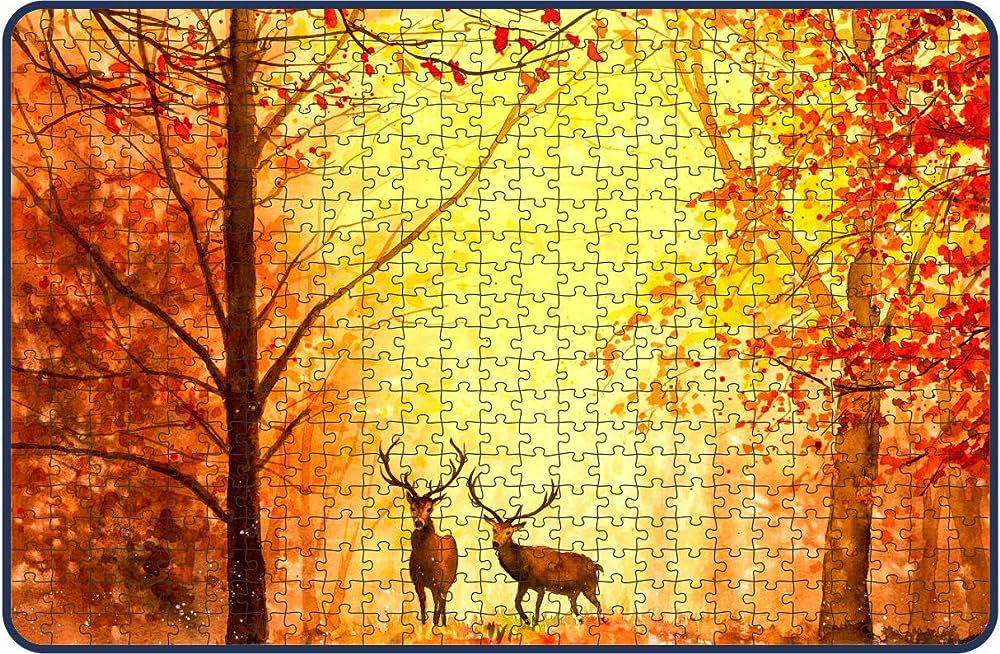In a world that often whirls by in a blur of constant activity and digital distractions, finding moments of serenity has become a sought-after oasis of calm. Amidst this quest for tranquility, an unexpected source of solace has emerged – the timeless allure of jigsaw puzzle games. Beyond their humble cardboard beginnings, these puzzles have seamlessly transitioned into the digital realm, offering a unique and immersive way to achieve mindfulness. Jigsaw puzzles have long been synonymous with relaxation and concentration. The process of assembling a myriad of disparate pieces into a coherent whole mirrors the soothing rhythm of life itself. In a time where immediate gratification is often the norm, jigsaw puzzles require patience, fostering a slower, more deliberate approach to problem-solving. The act of meticulously sorting through various shapes and colors encourages a gentle focus, allowing the mind to let go of the outside world’s demands and distractions.

The digital transformation of jigsaw puzzles has broadened their accessibility and appeal. Virtual platforms offer a diverse array of puzzle options, from intricate landscapes to art masterpieces, catering to a wide range of interests. The convenience of digital puzzles eliminates the need for physical storage and cleanup, further enhancing their allure. Moreover, digital puzzles can adapt to various skill levels and time constraints, ensuring that individuals can tailor their puzzle experience to their preferences. One of the most intriguing aspects of jigsaw puzzles as a tool for mindfulness is their unique ability to merge the analog with the digital. While traditionalists may argue that the tactile sensation of holding and manipulating physical pieces is unmatched, digital puzzles create a tactile experience of their own. Dragging, rotating, and fitting the pieces together on a screen engages the senses in a different manner, transforming the act of assembly into a meditative dance of hand and mind. The allure of jigsaw puzzles extends beyond mere visual satisfaction. Engaging in such a mindful activity triggers the brain’s reward system, releasing dopamine and fostering a sense of accomplishment.
This neurological response can have a profound impact on mental well-being, helping to alleviate stress and anxiety. As individuals connect pieces to form a coherent image, they metaphorically reassemble their thoughts and find a sense of order in the chaos of daily life. Jigsaw puzzles also encourage a shift in perspective. As participants immerse themselves in Jigsaw puzzle games, they learn to appreciate the value of each piece, no matter how small or seemingly insignificant. This lesson in patience and attention to detail often transcends the puzzle-solving experience, reminding individuals to approach challenges in life with the same level of care and determination. In a world characterized by information overload and digital saturation, the resurgence of jigsaw puzzles as a mindfulness tool is a testament to the human need for balance. The act of fitting together individual pieces to create a harmonious whole mirrors the desire to integrate the various fragments of our lives into a coherent narrative. Through the lens of a jigsaw puzzle, serenity is not a distant ideal, but a tangible outcome of deliberate engagement with the present moment.
